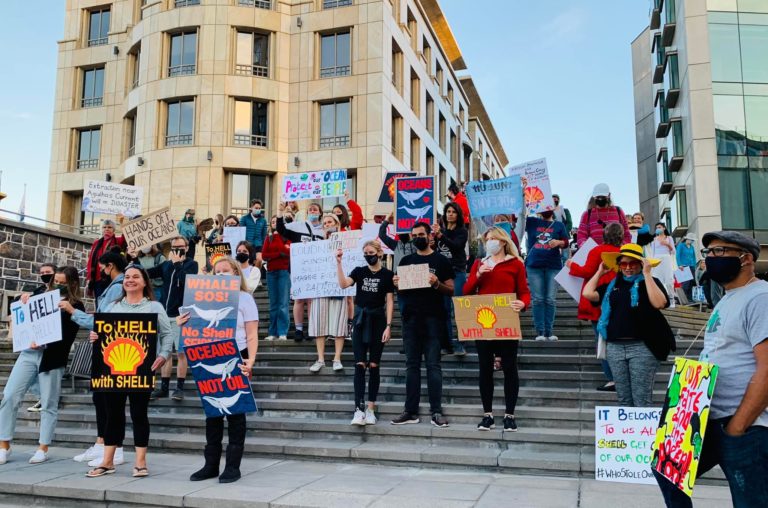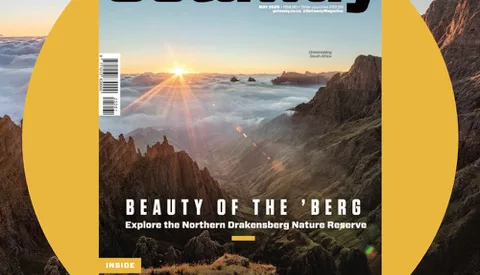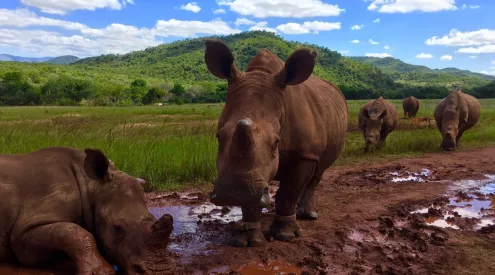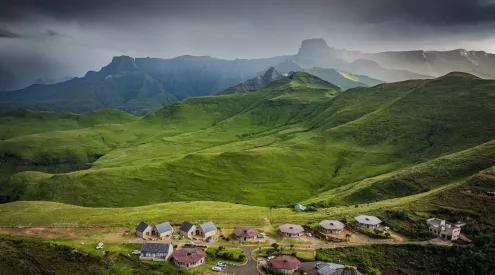When news of Shell’s plans to conduct seismic surveys in search of oil and gas was made public, South Africans and conservationists rallied to protect the Wild Coast of South Africa. Now an urgent interdict, backed by various organisations, has been filed to stop the oil and gas company.

Picture: Getaway Gallery
Amid growing protests against Shell and its project that could have harmful repercussions on the environment, an interdict will be heard at 2pm on 1 December 2021.
According to IOL, an environmental law firm known as Cullinan & Associates handed the Registrar a certificate of urgent matter on Monday, 29 November.
The anticipated meeting will be argued virtually by opposing parties and will be broadcasted in Grahamstown in the Eastern Cape province, South Africa. The organisations that drafted the certificate calling for the interdict are the Border Deep Sea Angling Association, the Kei Mouth Ski Boat Club, the Natural Justice and even Greenpeace Africa.
The well-known wildlife conservation group, World Wide Fund for Nature (WWF), have also weighed in by stating that Shell’s seismic survey ‘is not aligned with South Africa’s recent climate commitments that were made at COP26’. The WWF advised South Africa to instead explore climate-friendly energy sources as opposed to harmful fossil fuels.
The answering affidavits of Shell, the Minister of Mineral Resources and Energy, and the Minister of the Environment were meant to be filed by 4pm on 30 November as instructed by Mr Justice Govindjee. The only party to partially comply with these instructions was Shell, who submitted a hefty answering affidavit consisting of 56 pages at around 10pm on the stated due date. The other ministers failed to comply and did not file any answering affidavits. In Shell’s answering affidavit the company defends its seismic survey project, stating that:
-that there is no evidence that sound from properly mitigated seismic surveys has had any significant impact on marine populations [Para 33] and that it is not true that the sounds waves used during the seismic surveys will cause extremely loud underwater sounds [paras 54 and 55],
-the exclusion zone of 500 m around the sound source guarantees that no animals will come into the vicinity of the sound source” [para 68], reports IOL.
The argument against Shell asserts that environmental authorisation from the National Environmental Management Act (NEMA) must be obtained by the company if it wishes to move forward with its project. Commencing with the survey without authorisation from NEMA would be categorised as prima facie, unlawful under South Africa’s constitution.
The verdict will be reached after both parties compile all substantial information and present it to the court, therefore allowing a knowledgeable settlement to be reached.
ALSO READ
Shell’s Wild Coast exploration kicks off as survey vessel arrives


















